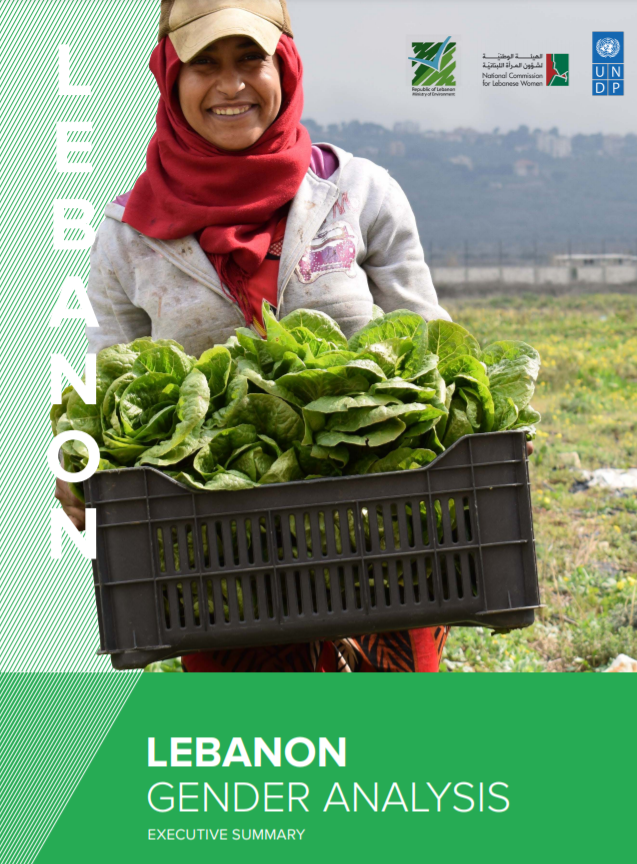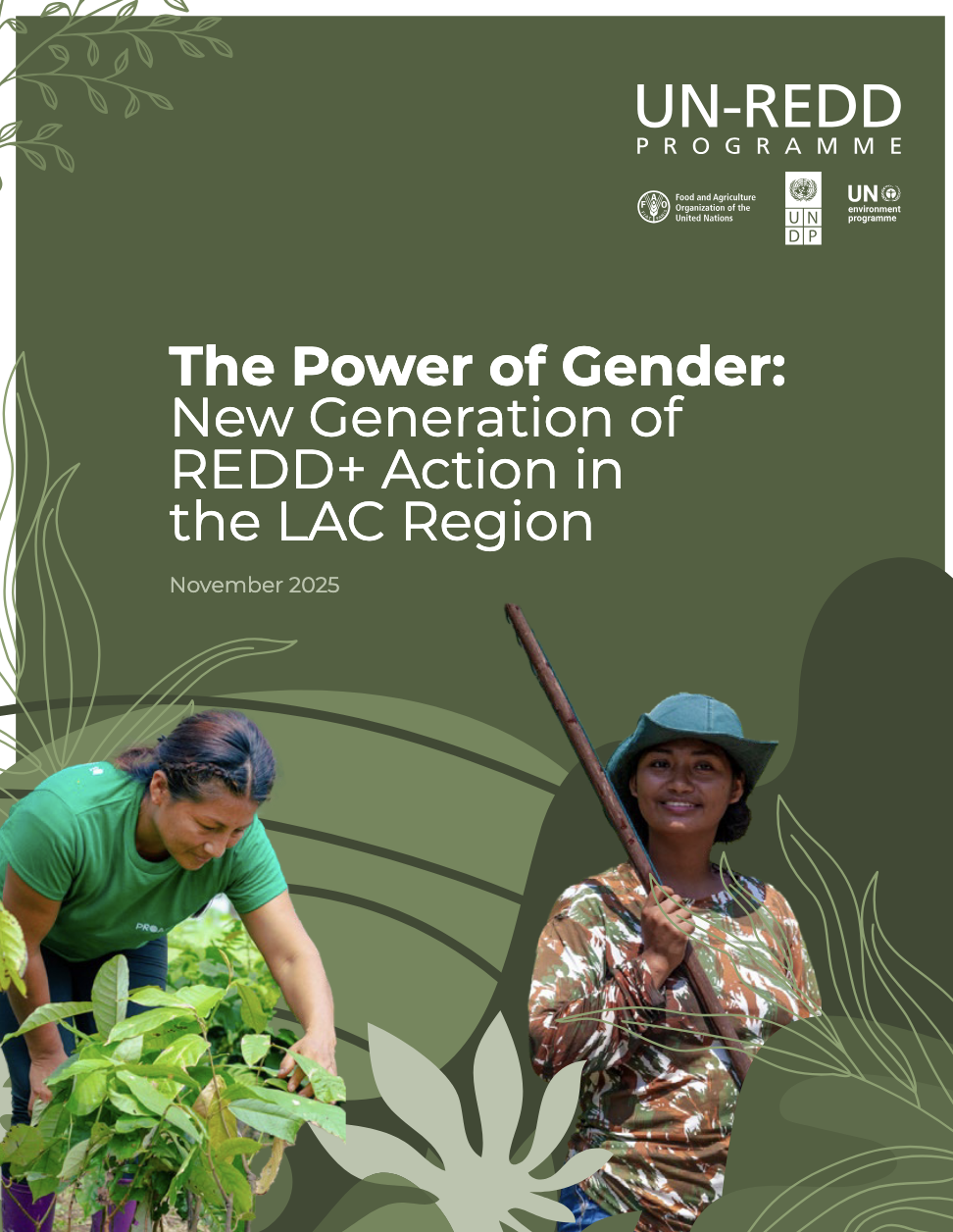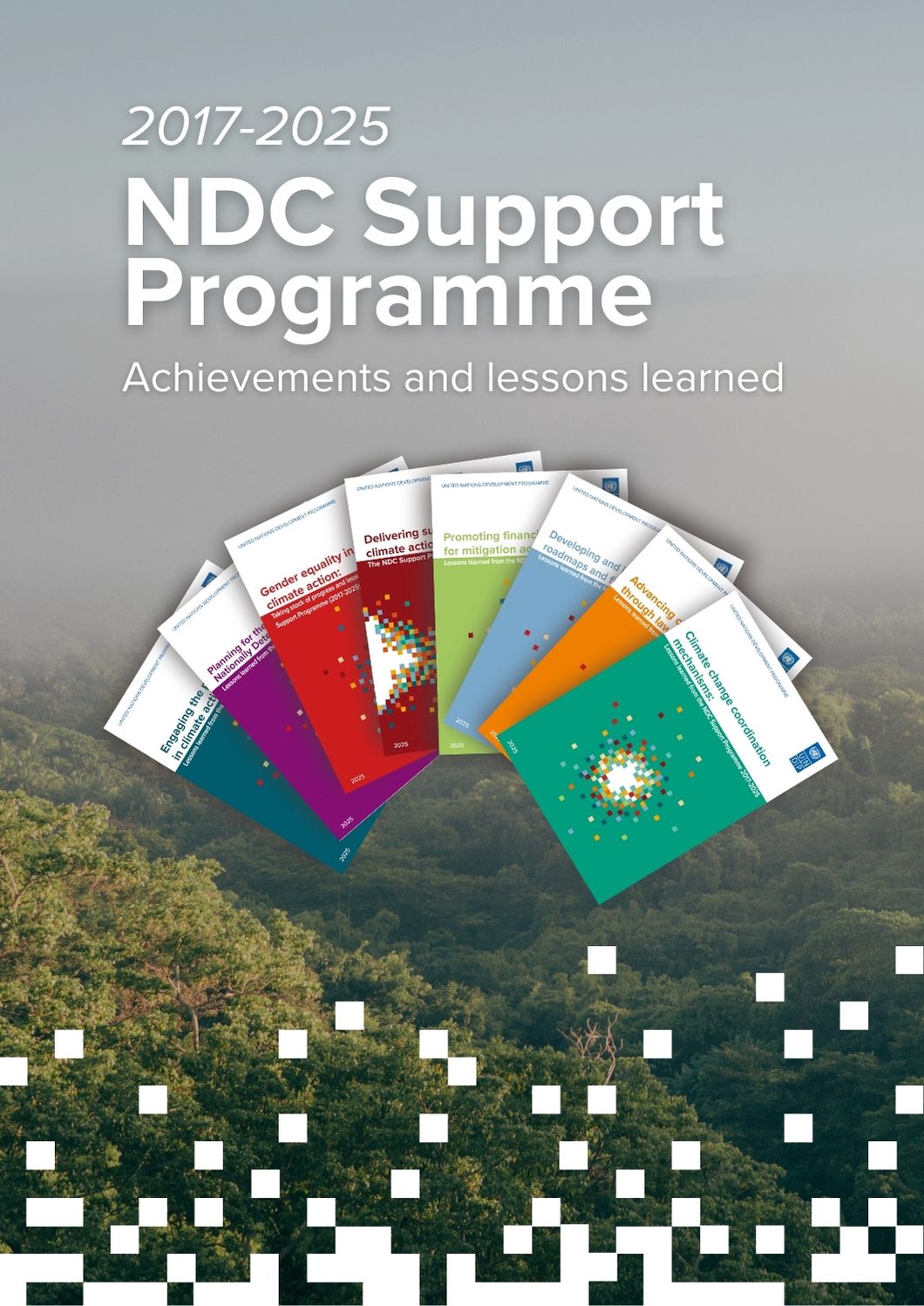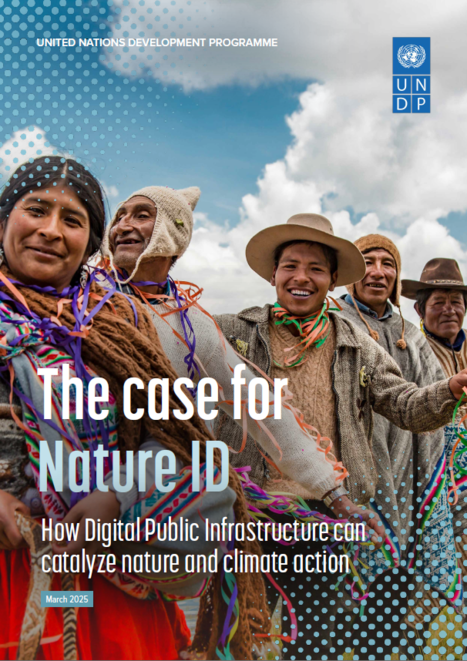Lebanon Gender Analysis

In Lebanon, the impact of climate change will see an increase in natural disasters, warmer temperatures, sea level rise, and variable precipitation patterns that could increase flooding and dry periods alike. These impacts are already having negative consequences on Lebanon’s agriculture, water supply, tourism, energy, health, ecosystems, and society. While climate change will impact society-at-large, it will not affect every person in the same way. Men and women, households, and communities face differentiated impacts from climate change based on their level of vulnerability, preparation, and resilience to climate hazards.
Lebanon is seeking to improve the gender responsiveness of its climate policies and climate action through the NDC revision and implementation process. To support this, a Gender Analysis was carried out to assess various aspects of the governance, policy and planning processes related to climate change and gender equality and specifically analyzed data collection, existing technical capacities, institutional mechanisms, and gender mainstreaming opportunities. The Gender Analysis relied on secondary data regarding the legal, social, economic, and political aspects of gender relations in Lebanon. The Analysis aimed at providing entry-points to increase the gender-inclusiveness and responsiveness of climate change policies, strategies, planning and reporting aspects and has informed the document, How to put Gender-responsive Climate Solutions into Action: Lebanon’s Approach, a framework for mainstreaming gender in climate action.


